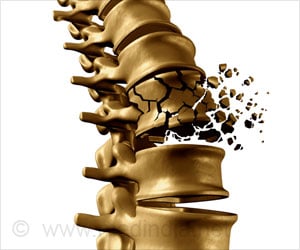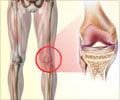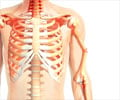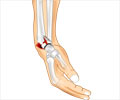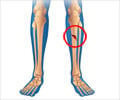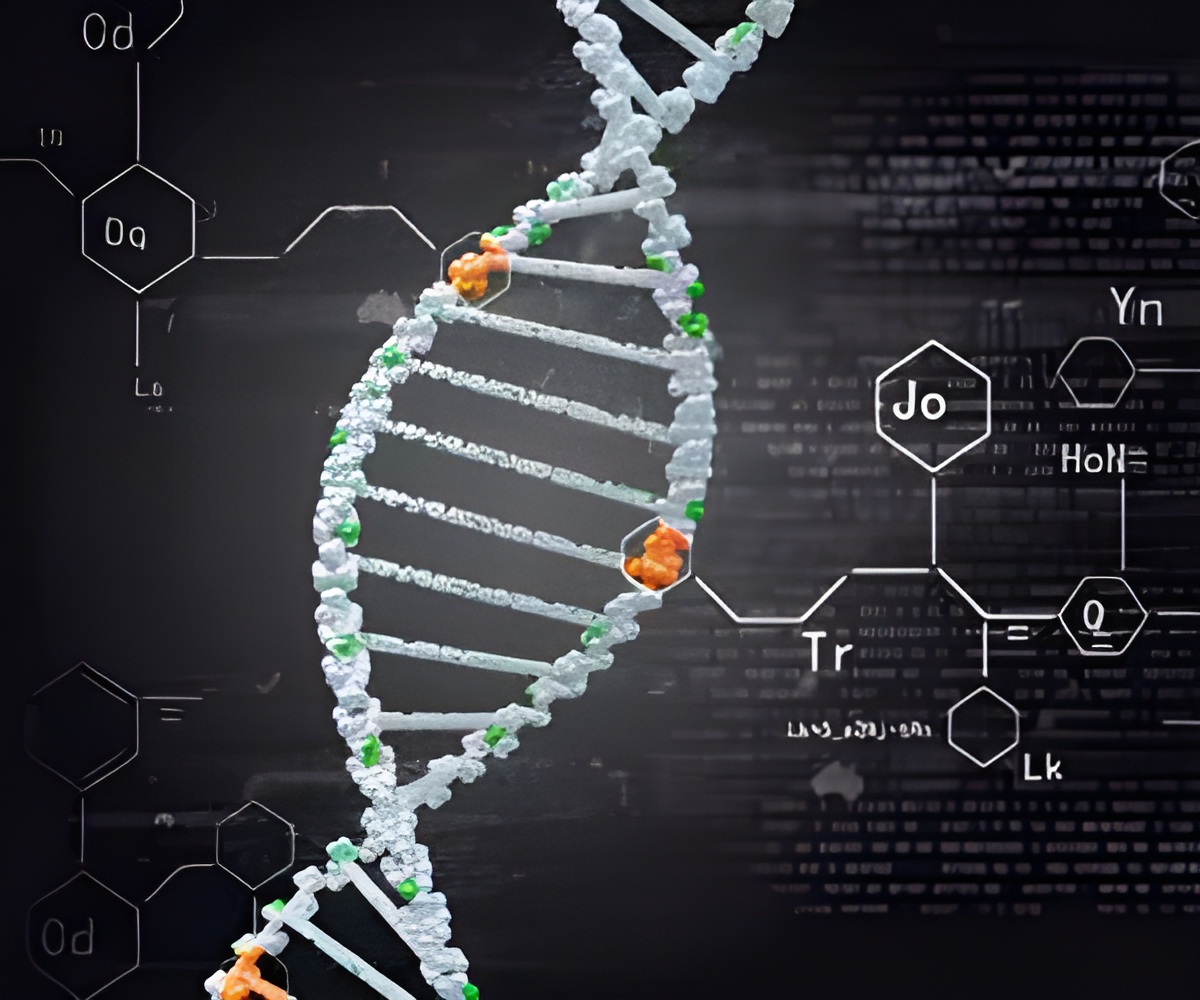
‘Mutation revealed in patients who took bisphosphonates for osteoporosis would make bones vulnerable leading to femur fractures.’
Tweet it Now
The research study was published in the New England Journal of Medicine.Osteoporosis causes fractures that affect up to 40% of people over the age of 50. Bisphosphonates are efficient and cheap, making them the first line of treatment for this condition. Nevertheless, they have been associated with atypical fracturing of the femur.
"Despite the rarity of this complication and the fact that many more fractures are prevented than induced, fear of this complication has led to the prescription of these drugs being criticised, especially for long-term treatment", explains study leader Dr. Adolf Díez, emeritus head of internal medicine at Hospital del Mar and a researcher in the musculoskeletal research group at the IMIM.
The consequence of this is that the majority of people at high risk of fracture due to osteoporosis (for example, those who have already suffered fractures) do not receive treatment.
The infrequency of this problem made us suspicious that a genetic predisposition makes some people more likely to present atypical fracturing. "The opportunity offered by three cases of atypical fracture in three sisters treated with bisphosphonates over several years, gave us the possibility of looking into a genetic basis that, otherwise, would have been almost impossible to detect", says Dr. Xavier Nogués, head of internal medicine at Hospital del Mar and coordinator of IMIM's musculoskeletal research group.
Advertisement
An exhaustive study of their genome, using the whole exome sequencing technique, enabled us to find a mutation common to the three sisters that could explain why they presented this unusual fracturing.
The mutation damages a protein (GGPPS) that is part of a metabolic chain essential for bone health, known as the mevalonate pathway. It is believed that this mutation makes bone vulnerable to the drug, and instead of strengthening it and preventing fractures, it makes it more prone to fractures.
Advertisement
This would be the first step in confidently prescribing a treatment received by millions of people around the world. It is also the reason the discovery was chosen as the highest impact study at the world's most important conference on bone diseases, the annual meeting of the American Society for Bone and Mineral Research, and its publication in the New England Journal of Medicine.
Source-Eurekalert

